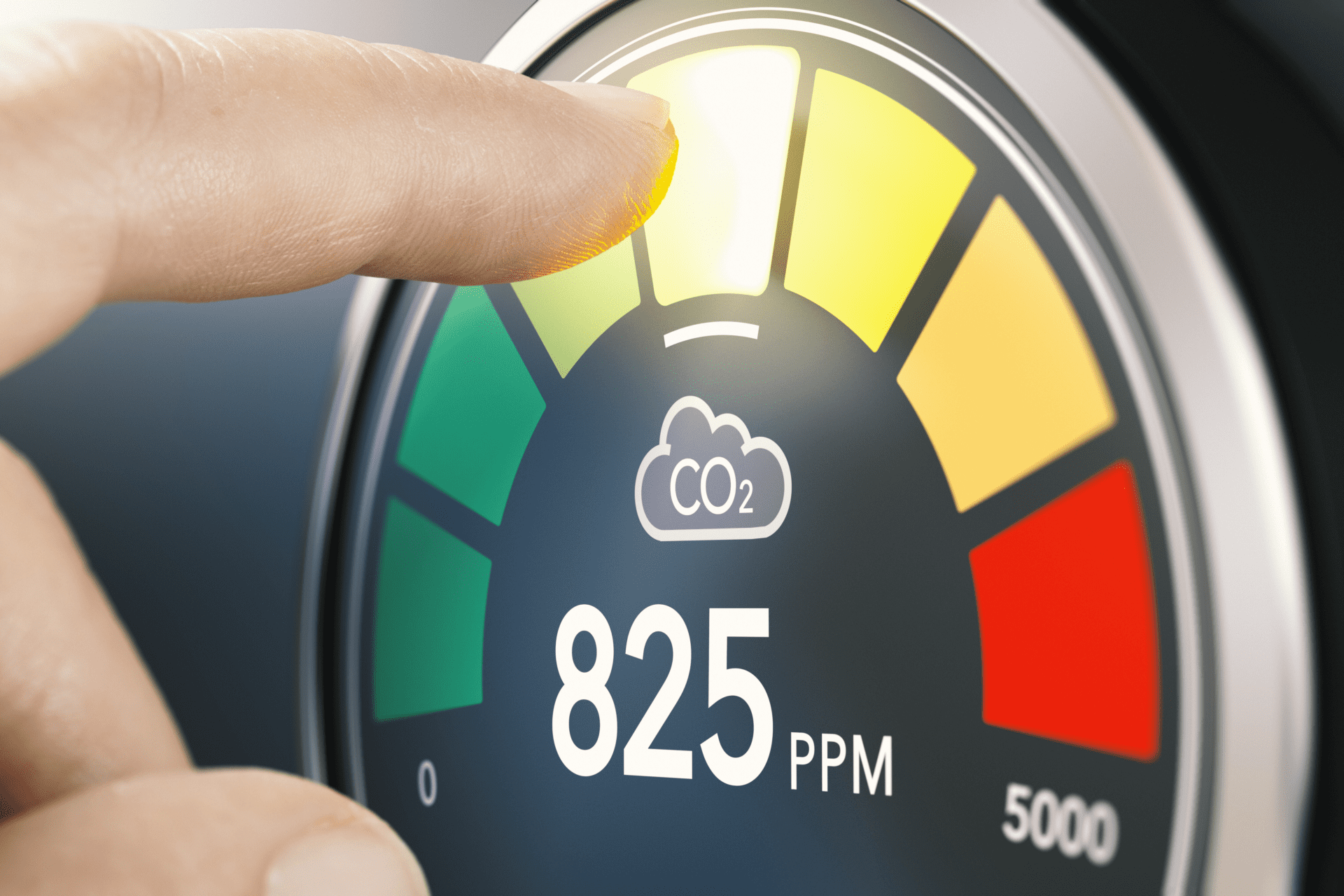Maintaining healthy indoor air quality (IAQ) is crucial for any commercial building. Poor air quality can lead to health issues, decreased productivity, and costly legal liabilities. Your HVAC system plays a key role in regulating indoor air quality, ensuring a safe and comfortable environment for employees, customers, and tenants.
Regular HVAC Maintenance
One of the simplest and most effective ways to improve indoor air quality is through routine HVAC maintenance. Dust, debris, and mold can accumulate in the system over time, leading to poor air circulation and contamination. Regular maintenance, including cleaning or replacing air filters, duct cleaning, and inspecting system components, ensures your HVAC system functions optimally.
Key Tips for HVAC Maintenance: Change air filters at least every three months or as recommended by the manufacturer. Schedule regular inspections to identify and address any issues, like clogged filters or mold growth. Ensure ducts are clean to prevent the spread of contaminants.
Upgrade to High-Efficiency Air Filters
Not all air filters are created equal. Commercial HVAC systems can significantly benefit from high-efficiency air filters that are designed to capture finer particles such as dust, pollen, and even bacteria. Filters with a high MERV (Minimum Efficiency Reporting Value) rating, ideally between 13 and 16, are recommended for improving air quality in commercial spaces.
Benefits of High-Efficiency Filters: Captures a higher percentage of small airborne particles. Reduces the spread of allergens and contaminants. Promotes cleaner and healthier air for building occupants.
Use HVAC Systems with Ventilation Controls
Proper ventilation is crucial for maintaining good indoor air quality, particularly in commercial spaces where pollutants can accumulate. Commercial HVAC systems with advanced ventilation controls help regulate the amount of fresh air brought into the building. This reduces the concentration of indoor pollutants and ensures proper air exchange.
How Ventilation Controls Help: Removes stale, polluted indoor air and replaces it with fresh outdoor air. Adjusts ventilation rates based on occupancy levels to save energy. Mitigates the buildup of harmful indoor air pollutants like carbon dioxide (CO2) and volatile organic compounds (VOCs).
Install Humidity Control Systems
Humidity levels play a significant role in indoor air quality. Excess humidity can encourage mold growth, while low humidity can lead to respiratory problems. Your commercial HVAC system can be equipped with humidity control systems that maintain optimal levels of moisture in the air, promoting a healthy indoor environment.
Tips for Ideal Humidity Levels: Maintain indoor humidity between 30-50%. Use humidifiers in dry conditions and dehumidifiers in damp areas to control moisture levels.
Integrate Air Purification Technologies
Air purification technologies can work in conjunction with your HVAC system to further improve indoor air quality. Commercial spaces can benefit from UV-C light systems and bipolar ionization, which neutralize airborne pathogens, viruses, and bacteria. These technologies are particularly useful in healthcare facilities, office buildings, and other high-traffic areas. Popular air purification options include UV-C lights, bipolar ionization, and electronic air cleaners.
Ross Services Corporation: Trusted Commercial HVAC Experts
Maintaining high indoor air quality is essential for the health and productivity of everyone in your commercial space. At Ross Services Corporation, we understand the unique challenges that come with HVAC systems in large commercial environments. Visit us at Ross Services Corporation to learn how we can help improve the air quality in your building!
